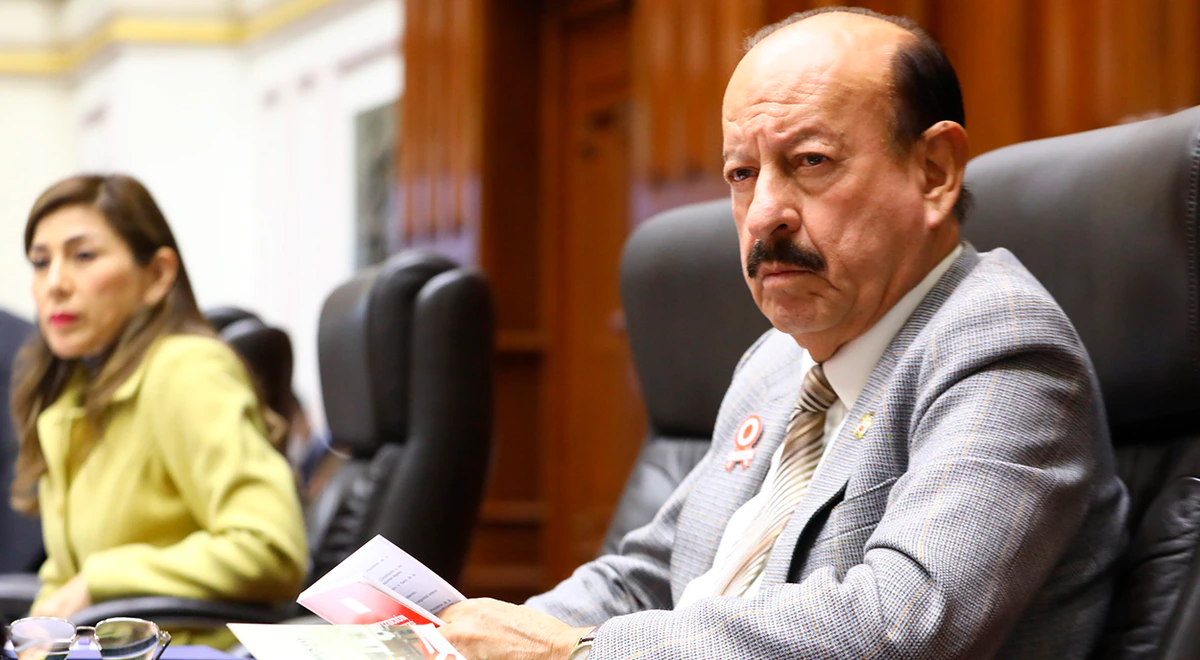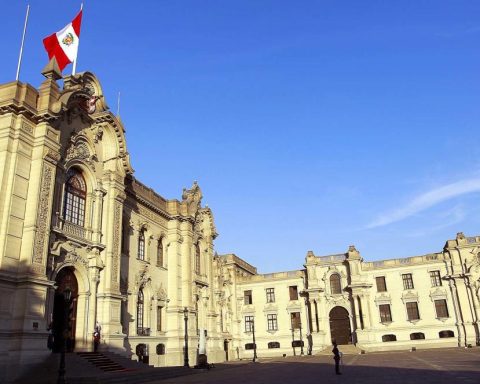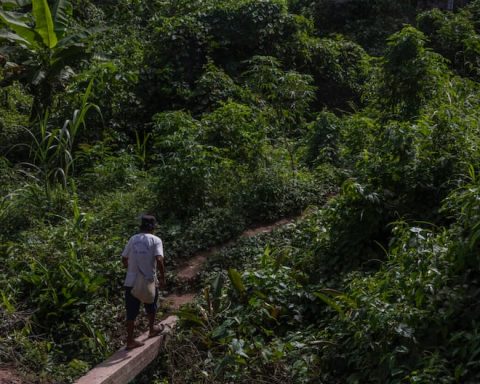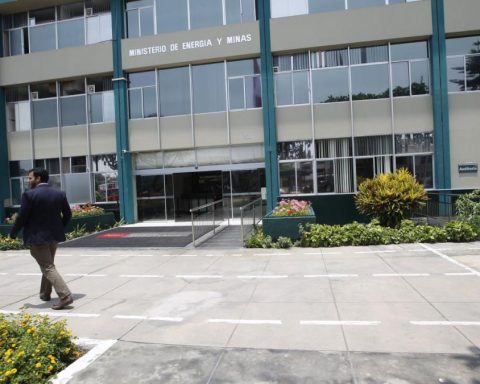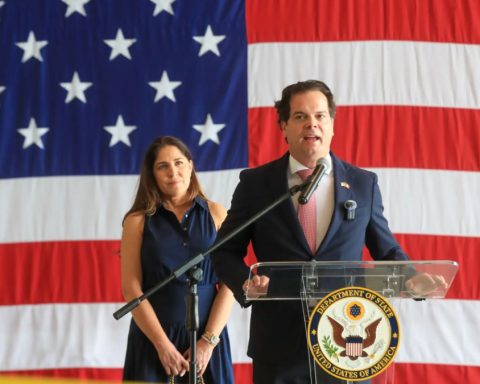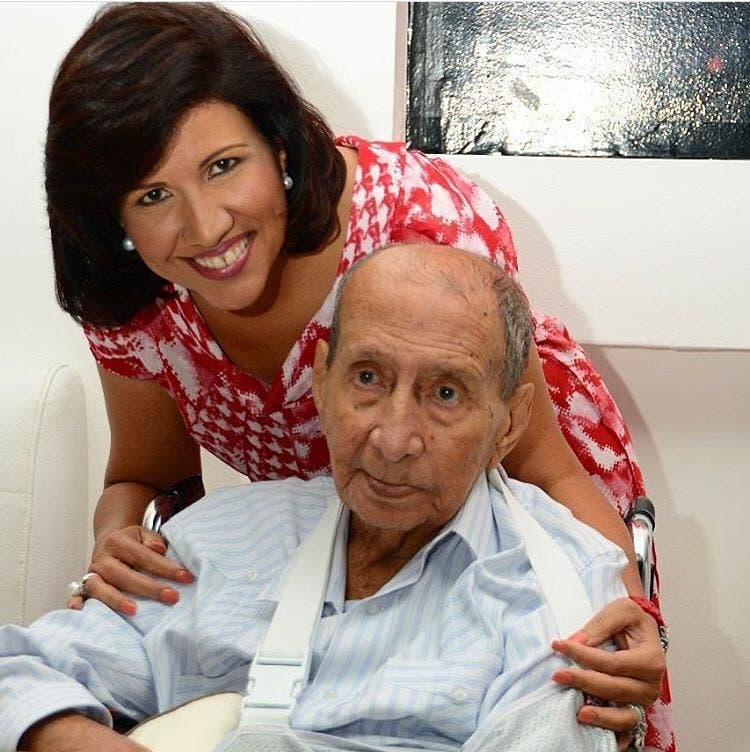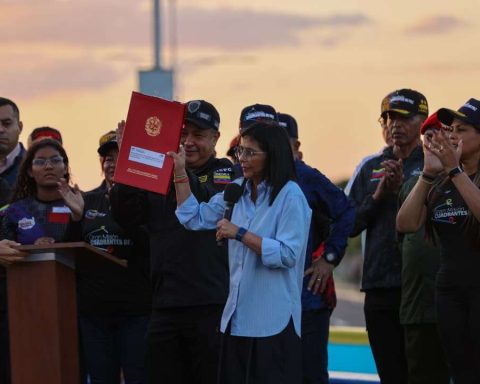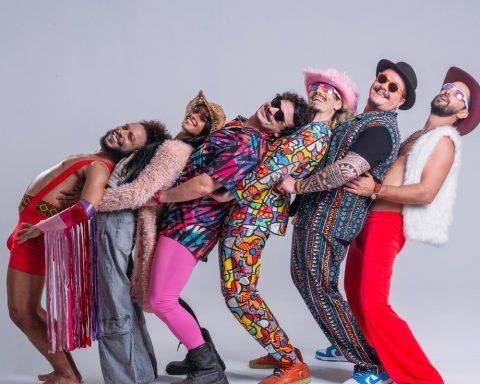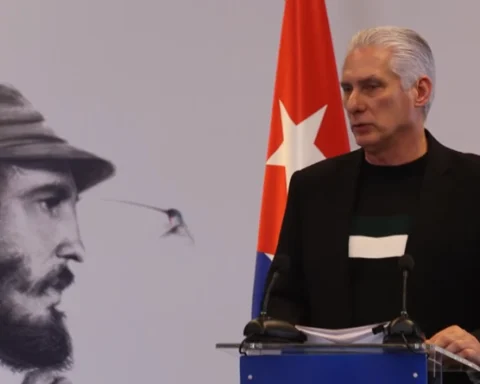The congressman from the Somos Perú party, who also holds the position of third vice president on the Board of Directors, has been harshly questioned for trying to justify the rape complaint filed against parliamentarian Freddy Díaz.
Elera tried to excuse her colleague by indicating that the sexual abuse would have been easily facilitated as the plaintiff was the “only woman working in an all-male office.” Thus, she justified the act of violence of the Congress worker with a macho conception. Given this, it is important to highlight who the congressman is and how he ended up on the Legislative Board of Directors despite having such dangerous preconceptions.
Who is Wilmar Elera?
Born in the province of Piura on November 6, 1952, Wilmar Alberto Elera García completed his higher studies at the Ricardo Palma University, in the Civil Engineering career, where he obtained a bachelor’s degree in 1982. In addition, he has a study unfinished postgraduate course in Design, Management and Project Management at the Fundación Universitaria Iberoamericana, Spain.
YOU CAN SEE: The Prosecutor’s Office requests an impediment to leave the country for Freddy Díaz for a case of sexual abuse
From 2016 to 2020, Elera worked within her area of study. Among his most outstanding work centers is his work in the district municipalities of La Matanza and Montero, during the years 2018 and 2020; both within his native region.
The congressman also has a company called Elera Ingenieros SAC, which was disqualified from contracting with the State during 2018 and 2019, according to the provisions of the State Contracting Supervisory Agency (OSCE).
Likewise, Elera has an investigation initiated by the National Prosecutor’s Office for the alleged crimes of aggravated collusion, a proceeding for which 12 years in prison have been requested.
YOU CAN SEE: Wilmar Elera gives sexist justifications for rape complaint against Freddy Díaz
Political profile of Wilmar Elera
On the other hand, Elera always kept abreast of an entry into politics. His intentions to access public office began in 2002, when he ran for mayor of Piura with the Alliance for Progress (APP) party. Although he did not manage to get the position as mayor of his region, the current legislator began his close relationship with APP in 2004.
Political affiliations of Wilmar Elera. Photo: capture Register of Political Organizations
This militancy was interrupted in April 2007 and was resumed three months later, in November of the same year, to subsequently tempt the mayor of Piura a second and third time (in 2010 and 2014), without much success.
His militancy continued until July 2017, when he definitively separated from César Acuña’s party, the same group to which the accused Freddy Díaz Monago belonged, before the rape accusations against him.
YOU CAN SEE: Wilmar Elera apologizes after sexist justifications about complaint against Freddy Díaz
Two months after separating from APP, Elera joined the Partido Democrático Somos Perú on September 22, 2017, seeking, finally, to become the Municipality of Piura in 2018, but without major results. However, it is with this political organization that he ran for the 2021 general elections, in which he won a seat in Congress.
Congressional work and arrival at the third vice presidency
The legislator was spokesman for the Somos Perú caucus from the beginning of the parliamentary period until assuming his position in the Legislative directive. Likewise, he has integrated key congressional commissions for citizenship, such as the one in charge of selecting the new members of the Constitutional Court.
Additionally, until before his election as the third vice president of Parliament, Elera was part of the Housing, Control, Constitution, Transport, and more commissions.
YOU CAN SEE: Wilmar Elera: congressmen reject sexist statements by the third vice president of Parliament
During the last elections to the Board of Directors, the congressman from Somos Perú was part of the list chaired by Lady Camones, who was the first to present her candidates. Thus, in a process that had a total of four lists, the one that made up Elera went to the second vote in competition with the list chaired by Esdras Medina.
Finally, with 73 votes in their favor, the candidate list for the Board of Directors, which was made up of Camones (APP), in the presidency; Moyano (FP), in the first presidency; Digna Calle (Podemos), in the second presidency; and Elera (SP), in the third vice-presidency, emerged victorious, against the 51 votes obtained by the Medina list.
